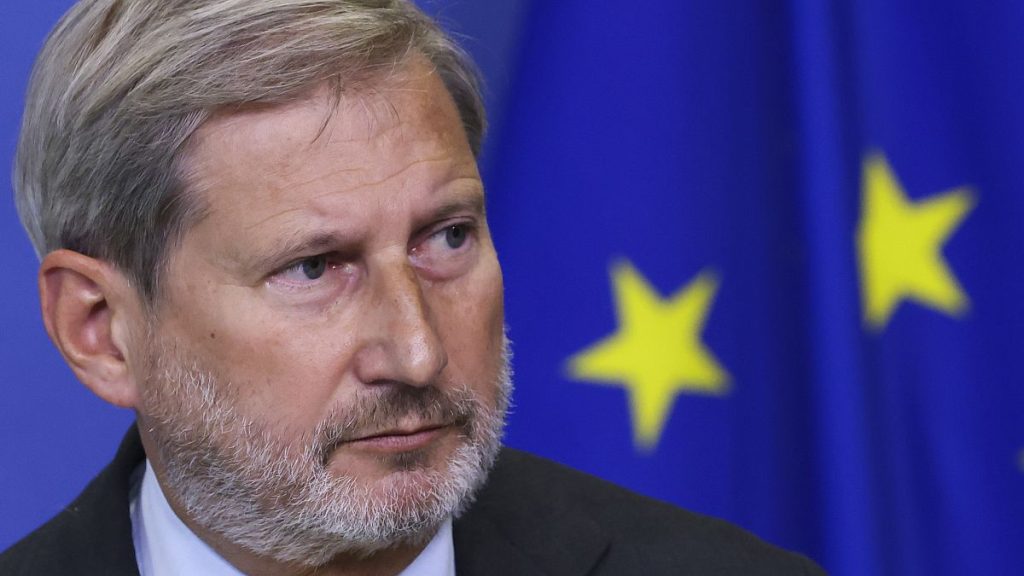The European Union is facing increasing strain on its resources due to the need to invest in defense, climate change, and potential expansion to Ukraine. EU Budget Commissioner Johannes Hahn emphasized the need for a bigger budget to match the ambition of a stronger, more competitive, and secure Europe. Currently, the EU’s budget is around €1 trillion, with existing rules capping it at around one hundredth of the bloc’s overall economy. Many EU members are looking to boost defense spending, especially in light of the war in Ukraine, and the potential addition of Ukraine to the bloc could cost an estimated €136 billion over the next seven years.
The EU recently agreed to a significant stimulus package dubbed Next Generation EU during the pandemic, but there is less consensus on how to repay the common EU borrowing incurred from this program. Plans to raise new sources of revenue have not been successful, leading to the likelihood that member states will need to contribute more to fund Brussels’ future demands. However, many EU countries are facing rising budget deficits and pressure from Brussels to control them, despite years of pandemic-era laissez-faire. EU investment is seen as crucial for long-term growth, with potential benefits such as labor market reform in Spain and streamlining Italian judicial processes to encourage business investment.
Efforts are being made to ensure that EU funding aligns with the core values of the union, such as safeguarding democracy, rights, and the rule of law. This is in response to recent controversies in Poland and Hungary, where EU funds were initially withheld over concerns of democratic backsliding and judicial independence. National leaders, including Croatian premier Andrej Plenković and Portuguese foreign minister Paulo Rangel, are advocating for a more ambitious budget to secure the future of the EU. Plenković emphasized the importance of exploring the possibility of an expanded budget, suggesting that failure to increase it could lead to the demise of the EU.
Hahn stressed the importance of avoiding an obsession with keeping the budget below 1% of EU Gross National Income, urging clarity on common priorities and sufficient funds to meet common needs. The focus is on creating a more streamlined and simplified budget, with calls for EU funds to come with additional requirements. The EU faces challenges in navigating the complex landscape of national prerogatives, taxation issues, and budget deficits while striving to secure its future through strategic investments and adequate funding. Ultimately, the future of the EU will depend on the ability to overcome these challenges and secure the necessary resources to address current and future needs effectively.


